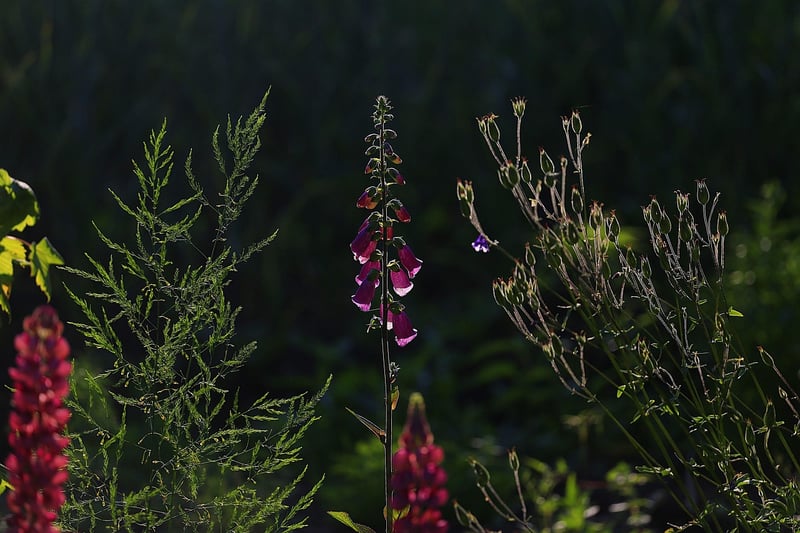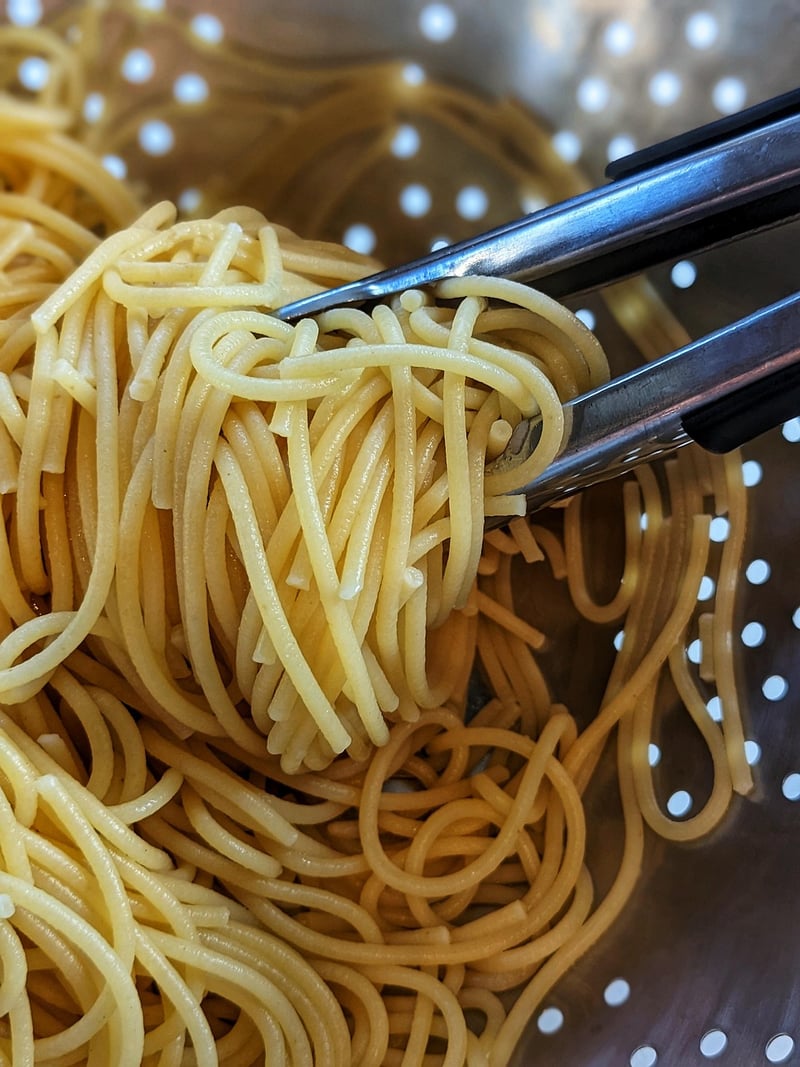Winter Prep
Optimizing Planting Schedules for Different Seasons
Introduction
Proper planting schedules are essential for the success of your garden. By understanding the best times to plant various crops based on the seasons, you can optimize growth and yield. In this guide, we will explore the ideal planting schedules for different seasons and provide tips for winter preparation to ensure your garden thrives year-round.
Spring Planting
Spring is a busy time for gardeners as the weather warms up and plants start to thrive. It’s the perfect time to plant a variety of crops such as tomatoes, peppers, cucumbers, and lettuce. Make sure to start your seeds indoors early in the season and transplant them outdoors after the last frost date in your region. Spring is also ideal for planting flowering bulbs like tulips and daffodils for a colorful garden display.

Summer Planting
Summer is the time for warm-season crops like corn, beans, squash, and melons. These plants thrive in the heat and long days of summer. Make sure to water regularly and provide adequate mulch to retain moisture in the soil. Consider succession planting to ensure a continuous harvest throughout the season. Summer is also perfect for planting herbs like basil, mint, and rosemary.

Fall Planting
Fall is a great time to extend your harvest into the cooler months. Plant cool-season crops like broccoli, carrots, spinach, and kale in late summer to enjoy fresh produce well into the fall. Consider covering your crops with row covers or cold frames to protect them from frost as the temperatures drop. Fall is also ideal for planting garlic and onions for a bountiful harvest next year.

Winter Preparation
As winter approaches, it’s essential to prepare your garden for the cold months ahead. Clean up your garden by removing debris and dead plants to prevent pests and diseases. Mulch your beds to protect the soil and insulate plant roots from freezing temperatures. Consider planting cover crops like winter rye or clover to improve soil health during the winter months.

Conclusion
By following the optimal planting schedules for each season and preparing your garden for winter, you can ensure a successful and productive garden year-round. Remember to adjust your planting dates based on your specific climate and growing zone for the best results. Happy gardening!
